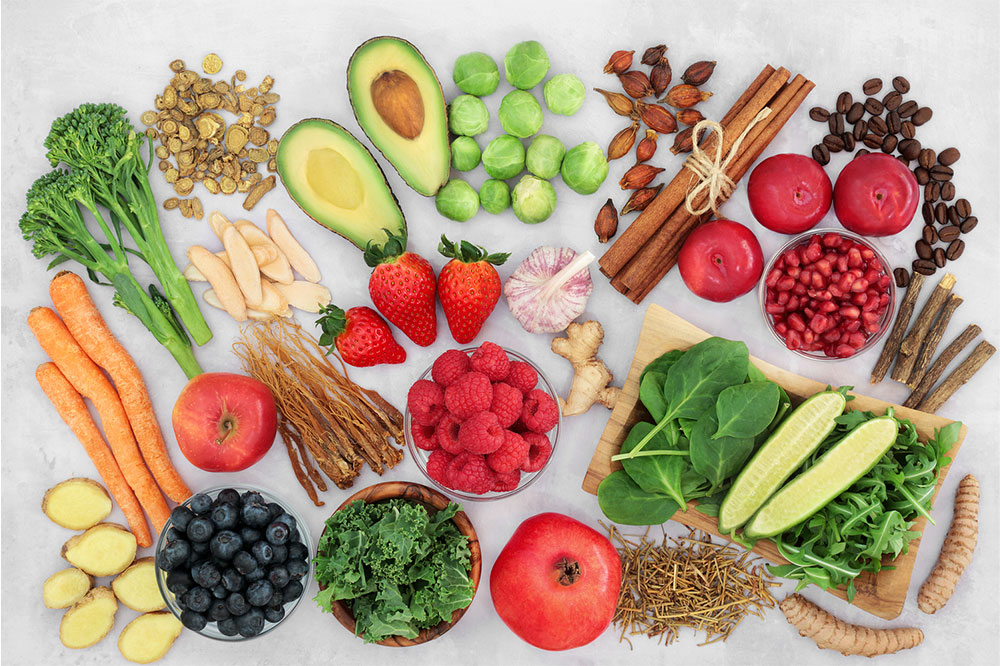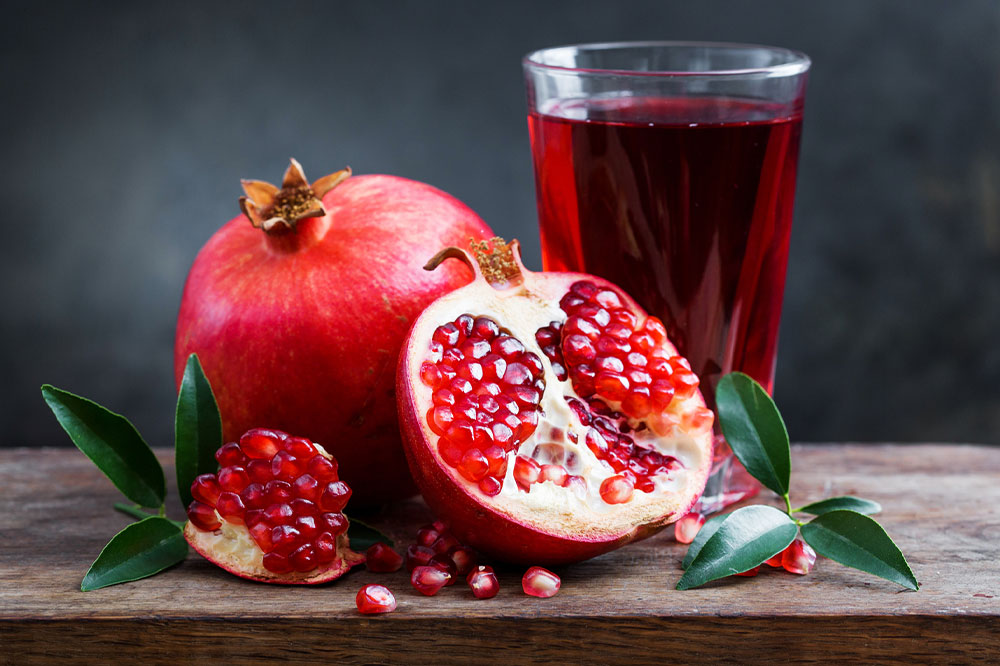Effective Dietary Strategies to Naturally Reduce Asthma Symptoms and Improve Respiratory Health
Explore comprehensive dietary strategies to naturally alleviate asthma symptoms, including the benefits of fruits, vegetables, vitamins, herbs, and hydration. Learn how these nutritional choices support respiratory health, reduce airway inflammation, and improve quality of life for asthma sufferers by integrating anti-inflammatory foods into daily routines. The article emphasizes the importance of nutrition alongside medical treatment for optimal asthma management and respiratory wellness.

Effective Dietary Strategies to Naturally Reduce Asthma Symptoms and Improve Respiratory Health
Asthma is a chronic respiratory condition affecting millions worldwide, characterized by inflammation of the airways that causes episodes of wheezing, shortness of breath, chest tightness, and coughing. While there is currently no definitive cure for asthma, effective management strategies focused on medication, lifestyle adjustments, and crucially, nutrition, can significantly improve quality of life and reduce the severity and frequency of attacks. Nutrition plays a vital role in supporting respiratory health by lowering inflammation, strengthening the immune system, and maintaining optimal lung function. In this article, we explore a comprehensive overview of dietary choices that can aid individuals with asthma in managing symptoms naturally and promoting overall lung health.
Incorporating Fruits and Vegetables into Your Diet for Better Lung Function
One of the cornerstone strategies for managing asthma through diet involves increasing the intake of fruits and vegetables, which are rich sources of essential vitamins, minerals, and antioxidants that combat oxidative stress and inflammation—key factors in asthma exacerbations. Leafy greens like kale, spinach, and broccoli are particularly beneficial due to their high levels of Vitamin A, which promotes healthy lung tissue. These vegetables also contain magnesium, a mineral known to relax bronchial muscles and improve airflow, thereby alleviating asthma symptoms. Similarly, orange and yellow vegetables such as carrots and sweet potatoes contain beta-carotene, a precursor to Vitamin A, supporting respiratory mucosa and lung tissue regeneration.
Furthermore, fruits like apples and oranges are packed with vitamins C and E, potent antioxidants that help reduce airway inflammation and bolster your immune defense. Regular consumption of these fruits has been linked to decreased severity and frequency of asthma attacks. Bananas, rich in potassium and antioxidants, can further aid by helping to regulate airway responsiveness and reduce wheezing episodes.
Optimal Sources of Vitamin D and Omega-3 Fatty Acids
Vitamin D plays a crucial role in immune system regulation and has been linked to a decreased risk of asthma exacerbations. Adequate levels of Vitamin D help modulate inflammation within the respiratory tract, making it easier to breathe. While sunlight is a primary source, dietary intake is equally vital, especially in regions with limited sun exposure. Foods like fatty fish such as salmon, mackerel, and sardines are rich in Vitamin D and omega-3 fatty acids—which possess potent anti-inflammatory properties. Including these in your diet may help decrease airway inflammation and improve lung function.
Other sources include fortified dairy products such as milk and yogurt, fortified cereals, and orange juice. These foods provide an accessible way to boost your Vitamin D levels, contributing to better respiratory health. Additionally, omega-3 fatty acids found in fatty fish can help reduce systemic inflammation, often associated with asthma severity.
Harnessing the Power of Herbs and Hydration for Respiratory Relief
Herbs like ginger, garlic, and turmeric are powerful natural anti-inflammatories that can support respiratory health. Ginger has been traditionally used to soothe respiratory irritation and relax airway muscles when consumed as a warm infusion with honey. Garlic contains sulfur compounds that can help clear lung congestion and boost immune responses. Turmeric, particularly its active compound curcumin, has demonstrated anti-inflammatory effects capable of reducing airway inflammation, potentially decreasing asthma symptoms.
Hydration remains a fundamental component of managing asthma. Drinking sufficient water ensures mucus in the lungs remains thin, facilitating easier clearing and preventing airway obstruction. Adequate fluid intake supports overall lung function, especially during asthma attacks or periods of increased symptoms. Incorporating herbal teas and staying well-hydrated throughout the day can contribute significantly to respiratory relief and health maintenance.
In conclusion, adopting an anti-inflammatory, nutrient-rich diet centered around fruits, vegetables, healthy fats, and herbal remedies can be instrumental in managing asthma symptoms effectively. While dietary strategies should complement existing medical treatments, they offer a natural approach to enhancing respiratory health, reducing attack frequency, and improving overall well-being.
Implementing these dietary changes, combined with appropriate medical care, can empower individuals to control their asthma more effectively and enjoy a healthier, more active lifestyle. Consultation with healthcare professionals is recommended before making significant diet modifications, especially for individuals with specific nutritional needs or severe asthma.





